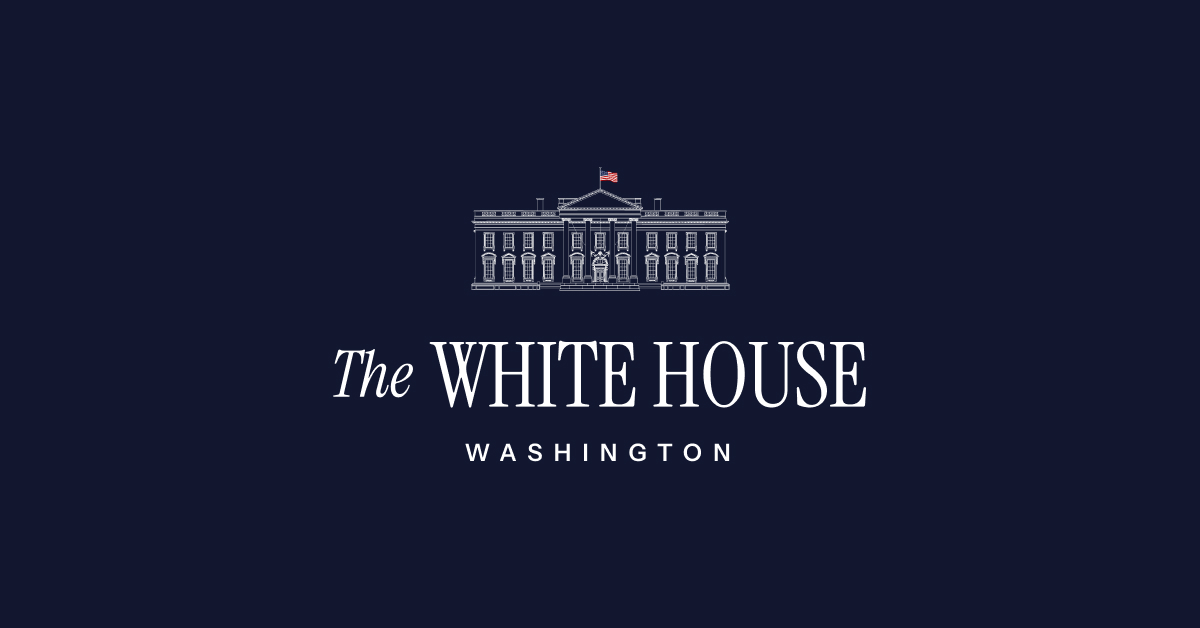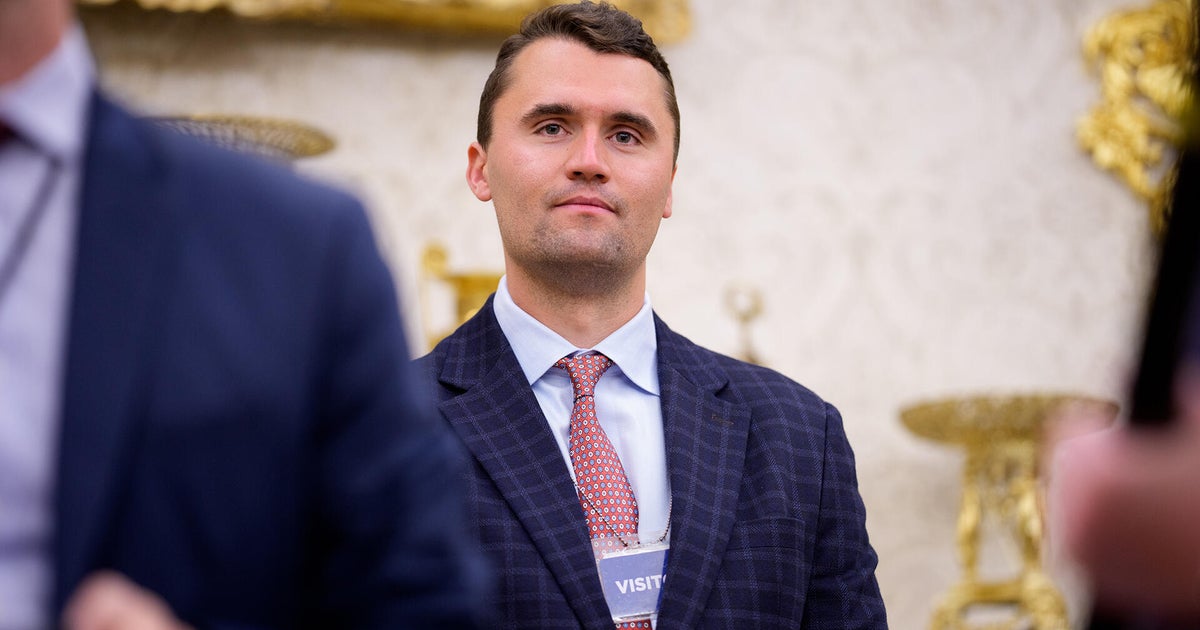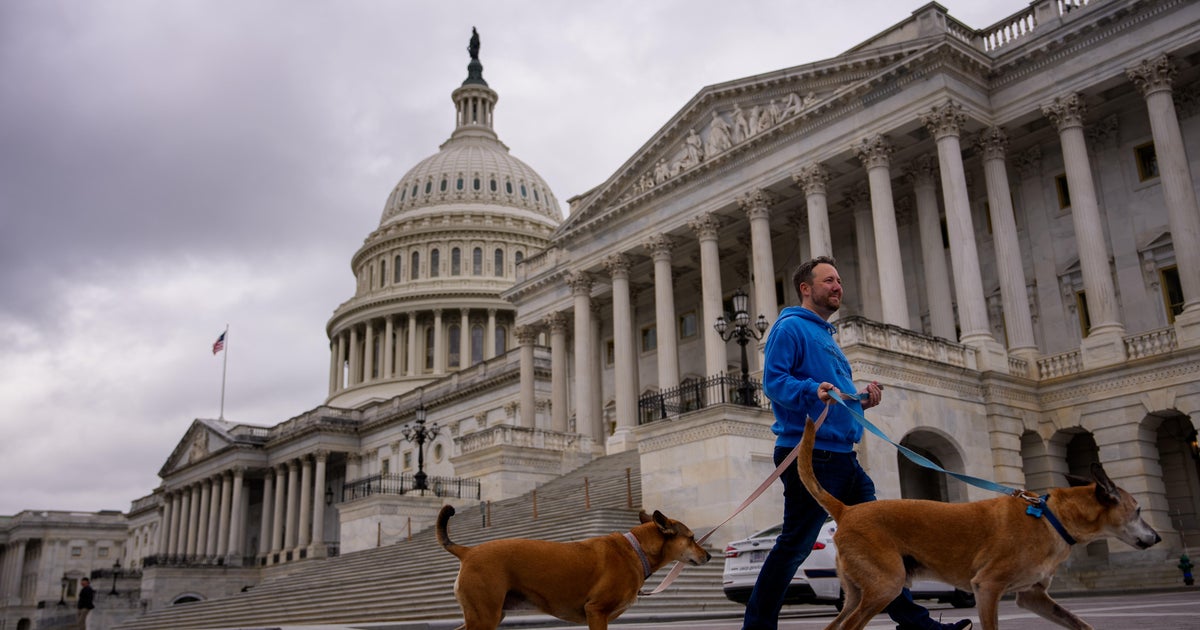White House Faces Resistance to Higher Education Compact

White House Faces Resistance on Higher Education Compact
The White House recently invited nine prominent universities to become the first signatories of a new higher education compact, aiming to establish a framework for academic excellence. Despite setting an October 20 deadline for initial feedback, none of the institutions have signed the agreement, signaling widespread hesitation.
Concerns from University Leaders
University leaders and academic associations have expressed concern that the compact’s conditions could threaten institutional autonomy. Critics argue the agreement imposes strict federal requirements that may interfere with universities’ freedom to decide curriculum and faculty matters. Many view this as excessive government oversight that risks undermining the qualities that make American higher education globally respected.
Implications for Higher Education Policy
This collective reluctance highlights a growing divide between federal ambitions and higher education stakeholders. As the deadline nears, the White House faces the challenge of addressing these concerns to foster cooperation without compromising the independence that universities value deeply.
About the Organizations Mentioned
White House
The **White House Office** is a central organizational component within the Executive Office of the President of the United States (EOP), tasked with supporting the President in managing day-to-day operations, policy formulation, and political affairs. It is headed by the White House Chief of Staff and staffed by senior aides who report directly to the President, including those with titles such as Assistant to the President and Deputy Assistant to the President. These staff members are mostly political appointees without the need for Senate confirmation, allowing the President considerable discretion in shaping the office to suit each administration's priorities[1]. Historically, the White House Office was established in 1939 through Reorganization Plan 1 and Executive Order 8248 to provide immediate assistance to the President. It functions as the nerve center for presidential staff, physically located primarily in the West Wing, and plays a pivotal role in managing the President’s policy agenda, communications, and political strategy. Its flexible organization allows each President to tailor the staff composition and roles according to their governance style and objectives[1]. In the current context of 2025, the White House Office operates under the administration of President Donald J. Trump, who returned to office after the 2024 election. His administration emphasizes rejecting prior policies deemed extremist and focuses on enhancing quality of life, economic growth, and American energy dominance. The administration includes Vice President JD Vance and First Lady Melania Trump, among others, with a Cabinet advising on various governmental functions[4][6]. Recent initiatives linked to the White House’s operational sphere include the establishment of a new **Department of Government Efficiency (DOGE)** aimed at modernizing federal technology and software to boost government productivity. The DOGE agenda is implemented through the renamed United States DOGE Service within the Executive Office, reflecting a concerted push to leverage technology for administrative modernization[5]. Notably, the White House Office also coordinates national security and homeland security functions through the National Security Council staff, underscoring its central role


















